Nutrition Books that Changed my Life
I grew up in a healthy eating home. We ate our garden vegetables and avoided soda and junk food as a general rule. Despite that background I still developed health issues and just thought that it was bad luck and probably bad genetics. Then I started reading some books that changed my perspective. I’m going to share some of those books with you in the general order that I read them. This post contains many affiliate links to find the books on Amazon. They are provided so that you can easily find the exact books that I am mentioning and also so that you can read more about each book.
The Schwarzbein Principle: The Truth about Losing Weight, Being Healthy and Feeling Younger- This book was introduced to me by my chiropractor who was helping me recover from surgery. I already knew that sugar made my AD/HD much worse and had been sugar free for a few years but this really helped me understand where “hidden sugar” was coming from in things like white flour baked goods and pasta. It also introduced me to the idea of adrenal fatigue an other hormonal issues that helped explain why my health was suddenly so poor.
Fast Food Nation: The Dark Side of the All-American Meal - I read this when my oldest was 6 months old and it changed how I thought about fast food forever. I have only eaten in fast food restaurants a handful of times since and only because there were no other options. There are some chains that I haven’t eaten at since and doubt that I ever will because of what I learned about their practices.
The Omnivore’s Dilemma: A Natural History of Four Meals This book was the next very important book that I read in developing my ideas about where food comes from and the importance of sourcing it from sustainable and humane sources. I was struck again and again by the huge impact that how food is produced has on the final product. This book motivated me to find a local farmers market to source my foods and not to rely on the organic produce that I found in the grocery store. It also motivated me to start eating seasonally much more than I had been, not just because foods taste better when they are in season but because they have a smaller carbon footprint and because they are more nutritious.
Nourishing Traditions: The Cookbook that Challenges Politically Correct Nutrition and the Diet Dictocrats- This book came next. It is called a cook book but it is full of important commentary on traditional ways of preparing foods and the impact that it has on health. I read it cover to cover before I ever made a single recipe from it.
Breaking the Vicious Cycle: Intestinal Health Through Diet I got this book at the same time as Nourishing Traditions and within a few days of reading it began the Specific Carbohydrate Diet (SCD) along with my 2 year old daughter. SCD is the diet that is the basis of the GAPS book. The most amazing thing to me was that after just one month on SCD, despite all the extra work sourcing and making foods, my perception of my marriage was a much happier one. I was hooked on the power of food to impact mood.
Nutrition and Physical Degeneration was the next book that had a big impact on my ideas of health and diet. Dr Price visited people all over the world and determined that certain primitive groups displayed far superior health compared to western people and even compared to their neighbors who also ate their traditional diet. He also observed that the introduction of modern convenience foods could change all of that within one generation and their health became similar to that of Westerners. Not only did they have low incidents of disease and tooth decay but their very bone structure was profoundly impacted by what they ate and what their parents ate.
Gut and Psychology Syndrome: Natural Treatment for Autism, Dyspraxia, A.D.D., Dyslexia, A.D.H.D., Depression, Schizophrenia This book certainly belongs in the list of books that influenced my ideas about food and nutrition impacting health. By this point I had a solid grasp of nutrition impacting physical health but this book really helped me understand how it could impact “mental health”. It is really amazing that people with serious “mental diseases” can find relief from changing their diet.
Deep Nutrition: Why Your Genes Need Traditional Food- I read this book just a couple of years ago and again learned something new about the impact of food on health. It is written by an MD. She had been told after a consult with an orthopedic Dr. that she needed a knee replacement and wouldn’t ever be able to hike much again. Instead of getting her knee replaced she removed sugar from her diet and was able to restore her knee function completely and resolved other health issues as well. She also talks a lot about epigenetics and how gene expression is much more important than genes and how foods and toxins can turn on or off genetic expression.
Pottenger’s Prophecy: How Food Resets Genes for Wellness or Illness and the book it is based on Pottenger’s Cats: A Study in Nutrition are two books that I am in the process of reading now. I have read quite a bit about Pottenger’s discoveries working with Cats and the impact that diet has on health in various articles online. I now have the books and am thrilled to get the whole story. These books are talking about epigenetics (gene expression) although the second one listed was from before the term epigenetics existed. Cats fed a nutrient poor diet lost their ability to reproduce and developed all sorts of diseases and malformations within just a few generations. Returning cats to their proper diet restored their health within the same number of generations. It is really fascinating stuff.
Have you read any of these books? Are there others that you think I should add to my library? I’d love to hear about it in the comments below.
Many of my blog posts contain affiliate links. Purchasing through an affiliate link allows me to keep blogging and sharing what I learn with you. It is a bit like leaving a tip for service and is very much appreciated. Thank You! -PattyLA


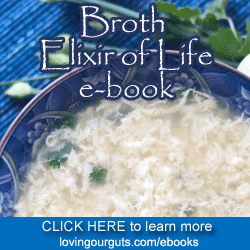
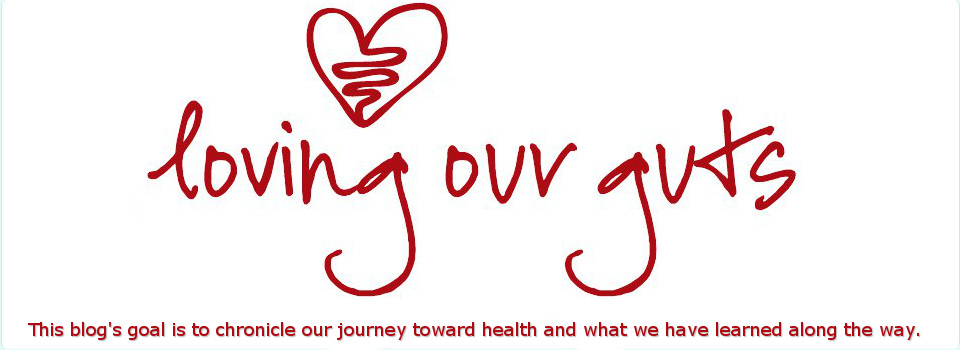






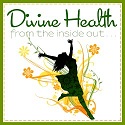
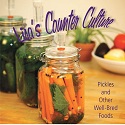
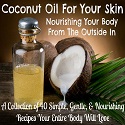
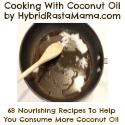
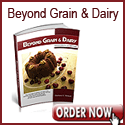
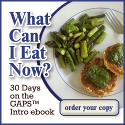

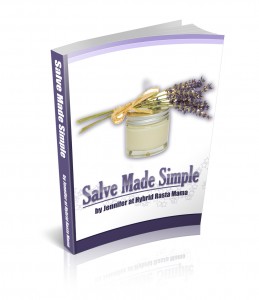
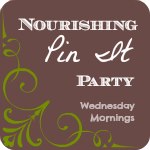

I reference “The New Whole Foods Encyclopedia” by Rebecca Wood frequently and highly recommend it.